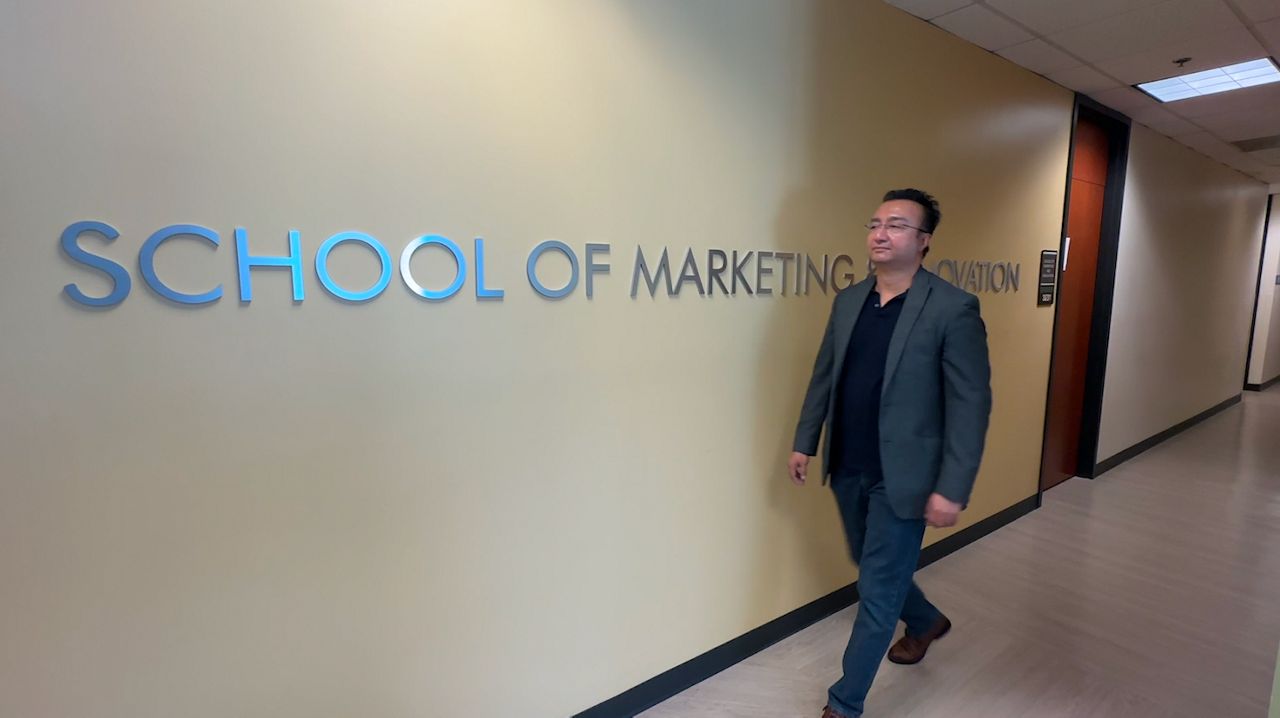TAMPA, Fla. — A new study released by a Marketing Professor Dr. Dipayan Biswa at USF reveals that people are less likely to eat healthy foods after they’ve sampled something healthy.
After years of research, and numerous samples, Dr. Dipayan Biswas has now completed one of his recent studies.
In a lecture hall filled with 400 students, Biswas leads his Intro to Marketing class. When he is not teaching, he is conducting research. One of his recent studies, focused on food, has just been published.
The study explores whether sampling healthy foods can lead to unhealthy purchases. It began during a trip to Europe, where Biswas encountered a French culinary concept called amuse-bouche, also known as hors d’oeuvre.
“That got me thinking, ‘That’s interesting,’” said Biswas. “So they gave me this food. How would it affect how I place my order on the menu?”
The research took him to restaurants around Europe and supermarkets locally. But the findings were fairly universal.
“They ended up making more indulgent purchases,” he said. “They bought more of the chocolate cake for dessert, they bought more of the pizza type of food versus the group that got that small, unhealthy food sample. They actually went for more healthy items. So it’s almost like balancing and doing the opposite. You got a healthy sample, ‘OK, I’ve earned the right to indulge.’”
Biswas attributes this behavior to moral licensing. In other words, when people engage in something good, we feel justified in treating ourselves.
“When you get a free food sample at a restaurant or at a store and if it’s healthy, most people would start thinking- ‘Okay, I ate something healthy so I can buy something unhealthy now,’” said Dr. Biswas. “So there is almost over compensation in a negative way.”
Biwas’ findings are significant.
“These are important, not only for sustainability but also for overall health and well-being. Our health is our most valuable asset, so anything that helps toward that health goal is definitely beneficial.”
Showing that a small sample can have a major impact on our shopping habits.
To make better food choices, Biswas suggests that consumers should consider how similar the sampled food resembles their intended purchase.


